Our first Registered Report – Stage 2 – led by Didar is now out in Developmental Science.
Karadag, D., Bazhydai, M., & Westermann, G. (2024). Toddlers do not preferentially transmit generalizable information to others. Developmental Science, e13479. https://doi.org/10.1111/desc.13479
We found that 2-year-olds do not show a preference to share information that is generalisable over specific/non-generalisable with a person who presented themselves as not knowledgeable.
We designed a study where children were shown novel boxes where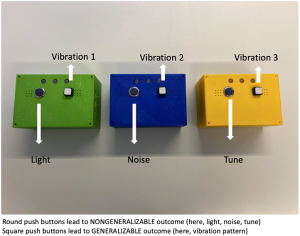 different buttons led to separate outcomes: one type triggered a generalisable outcome across boxes (e.g., three different tunes in Boxes 1, 2, and 3) and the other type, a non-generalisable outcome across boxes as defined by the status at start-up of the device.
different buttons led to separate outcomes: one type triggered a generalisable outcome across boxes (e.g., three different tunes in Boxes 1, 2, and 3) and the other type, a non-generalisable outcome across boxes as defined by the status at start-up of the device.
After learning about the functions of the toys, children could encode which buttons were or were not leading to the generalisable outcomes. An adult who was not present during the learning phase then entered the room and asked the child to be taught about these boxes.
Contrary to our expectation, children were at chance with sharing the functions of the boxes, thus, unlike older children from previous literature, they did not show the early preference for sharing generalisable information.

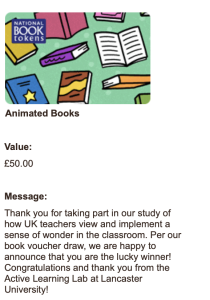
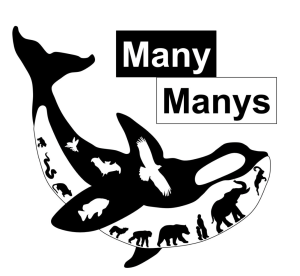
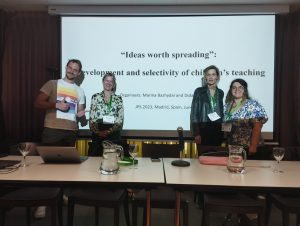
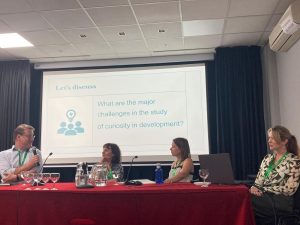
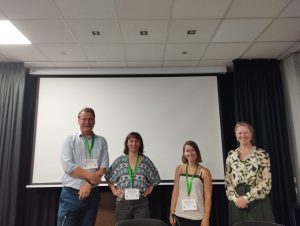
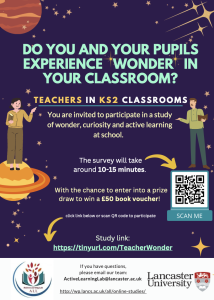 :
: